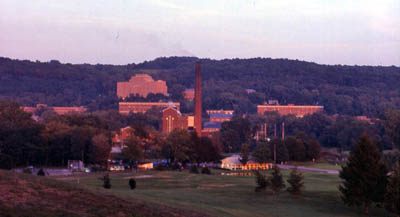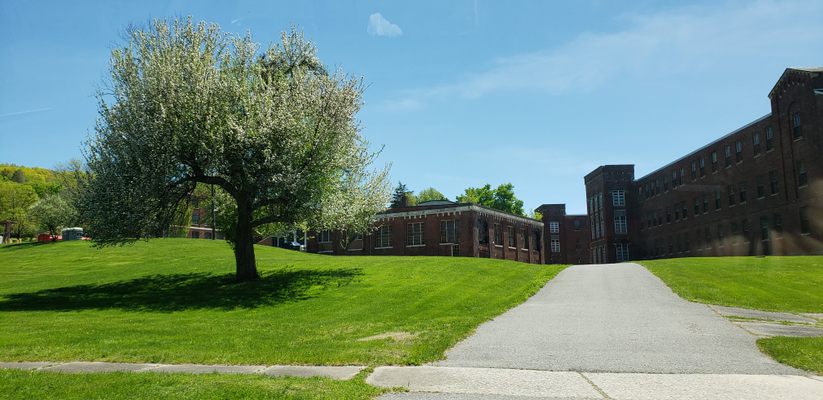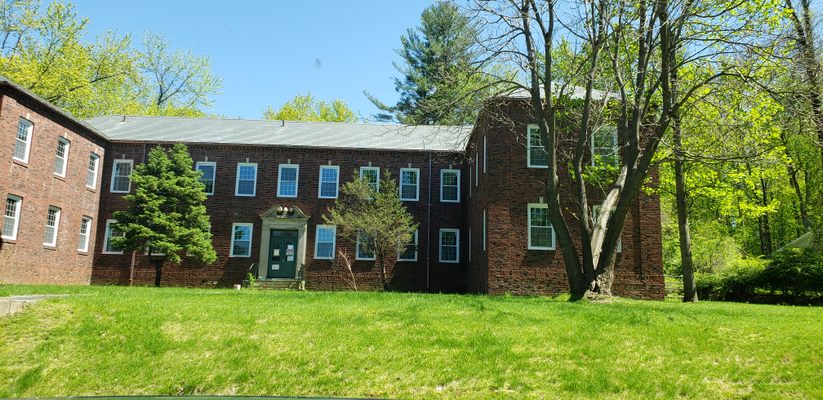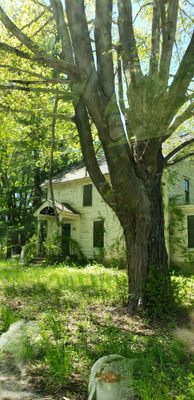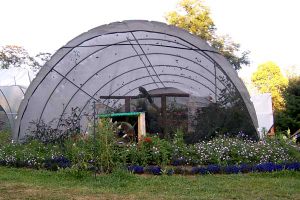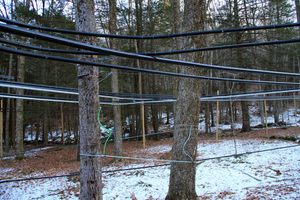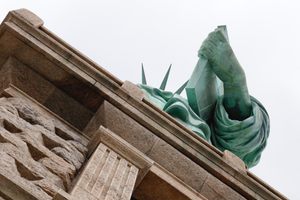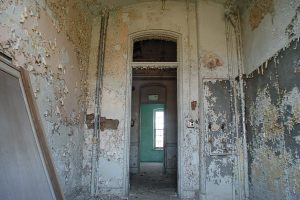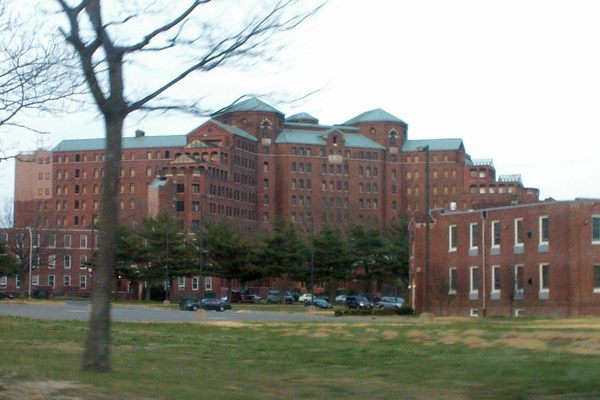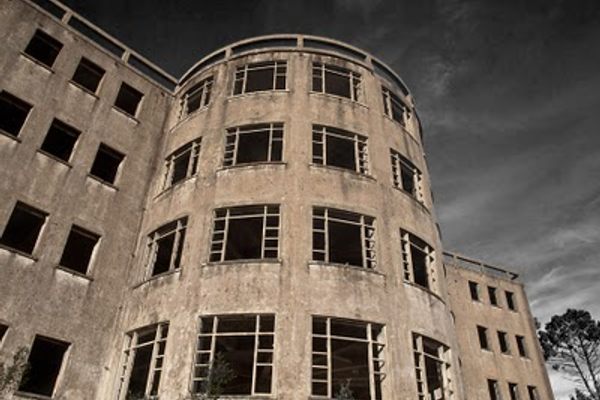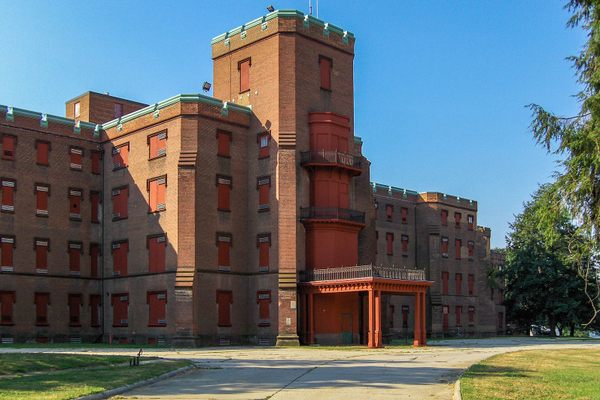About
The small hamlet of Wingdale, within the town of Dover, New York, is home to the ruins of the Harlem Valley Psychiatric Center.
Despite its proximity to New York State Route 22, the stunningly beautiful property has been shrouded in mystery for decades. In 1924, The Harlem Valley State Hospital opened its doors to the public. Later to be renamed the Harlem Valley Psychiatric Center, the hospital was chartered “for the care and treatment of the insane” and included infrastructure that had previously constituted the Wingdale Prison.
Over the course of 70 years of operation, the facility treated thousands of patients who had been deemed mentally ill. Sprawling across almost 900 acres and encompassing more than 80 buildings, the hospital had its own golf course, bowling alley, baseball field, bakery, and a massive dairy farm that supported an in-house ice cream parlor. At its peak, the facility housed 5,000 patients and 5,000 employees.
Over the years, the Harlem Valley Psychiatric Center adopted numerous experimental methods of treatment of the mentally ill. In the 1930s, the facility joined several other institutions on the vanguard of a new insulin shock therapy for the treatment of patients with schizophrenia and other compulsive disorders. Later, when the method of electro-shock therapy was created, the hospital was again a pioneer in implementing the method as a treatment for its patients in 1941. When neuropsychiatrist Walter Freeman developed a new method for treating a wide range of psychological conditions that became known as a lobotomy, the Harlem Valley Psychiatric Center was the preeminent institution for frontal lobotomy in the state of New York.
As with most mental health institutions in New York and across the country, the Harlem Valley Psychiatric Center saw a gradual decline in enrollment upon the introduction of psychotropic drugs such as thorazine. When the hospital closed its doors in 1994, it had been on a trajectory of decline for a number of years. For the better part of 20 years, the once-busy campus slowly deteriorated. Visited only by night-watchmen and would-be vandals, the buildings sat unused and the grounds slowly grew unkempt. Ghost stories and whispers grew alongside the weeds of the property.
In 2013, a new chapter in the strange history of the Wingdale property began. A company called Olivet Management. L.L.C., representing Olivet University, an evangelical Christian college in California, acquired 503 acres of the property for $20 million—with an option to purchase the rest of the property at a later date. Olivet University, founded by a Korean-American pastor named David Jang, is a member of the Evangelical Assembly of Presbyterian Churches of America, a small conservative religious offshoot that is not affiliated with the main U.S. Presbyterian Church.
Upon acquiring the property, Olivet immediately began pruning back the unruly growth on the property, creating a new soccer field, and removing asbestos from the inside of the buildings. Representatives of the school said they plan on repurposing the existing buildings to create dining halls, dormitories, and classrooms.
The renovation attracted attention from regulatory agencies, and late in 2013 the Occupational Health and Safety Administration of the Department of Labor imposed fines on Olivet for exposing workers to unsafe quantities of asbestos and lead. In March 2016, OSHA announced a settlement with Olivet—now called Dover Greens LLC—that required the company to maintain "enhanced safeguards" for workers renovating the campus and imposed $700,000 in fines.
Until plans for creating this new school come to fruition, the remarkable structures that formerly composed the Harlem Valley Psychiatric Center will remain objects of intrigue for travelers along the eastern border of New York State.
Related Tags
Know Before You Go
The site is close to the Metro-North train stop, but it can only be seen from a distance, as the property is private.
Community Contributors
Added By
Edited By
Published
October 13, 2016
Sources
- https://theghostinmymachine.wordpress.com/2014/08/18/abandoned-the-harlem-valley-psychiatric-center-photos-state-hospital/
- http://www.asylumprojects.org/index.php?title=Harlem_Valley_State_Hospital
- http://www.arlene-don.net/wingdale/
- http://www.nytimes.com/2013/10/05/nyregion/despite-questions-town-supports-new-evangelical-college.html?_r=1
- http://www.tmi-archives.com/category/topic/olivet-university
- https://www.osha.gov/pls/oshaweb/owadisp.show_document?p_table=NEWS_RELEASES&p_id=25812

